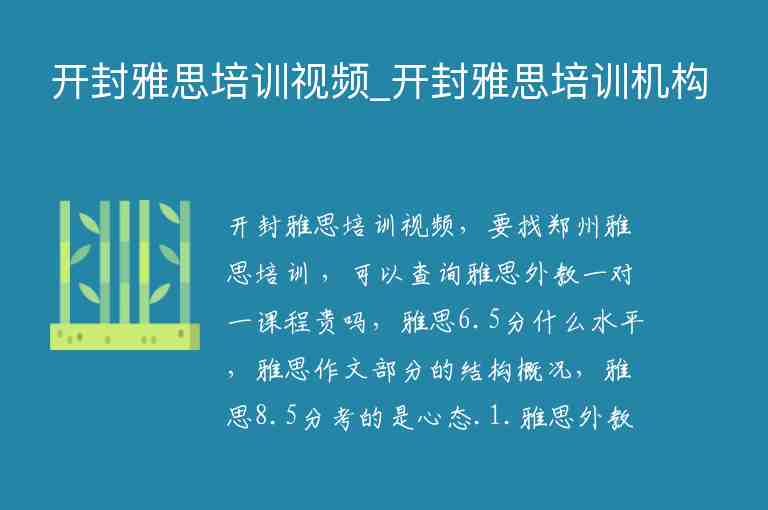weakened是一个形容词,用来描述某物或某人的力量、能力或状态变得较弱。它可以用来指身体上的虚弱,也可以指上的衰弱。这个词源于动词weaken,意为“减弱、削弱”,后来衍生出了现在的形容词weakened。
怎么读(音标)
weakened的音标为 /ˈwiːkənd/。
用法
1. 作为形容词,weakened通常放在名词前作定语,表示某物或某人已经变得虚弱或衰弱。
2. 它也可以作为动词weaken的过去分词,表示某物或某人已经被削弱了。
例句1-5句且中英对照
1. The weakened bridge could no longer support the weight of the heavy trucks.
这座已经削弱的桥梁再也无法支撑起重型卡车的重量。
2. After weeks of illness, her body was weakened and she had to rest in bed.
经过数周的病痛折磨,她的身体变得虚弱,只能躺在床上休息。
3. The weakened economy has led to a decrease in consumer spending.
经济衰退导致消费者支出减少。
4. The team's performance was weakened by the absence of their star player.
球队缺少了明星球员,表现变得疲软。
5. The weakened immune system made him more susceptible to catching a cold.
免疫的减弱使他更容易感冒。
同义词及用法
1. feeble: 形容某物或某人的力量或能力非常弱,比weakened更加贬义。
例句:She gave a feeble attempt to lift the heavy box.
2. debilitated: 形容某人身体或上的衰弱,通常因为疾病或年老。
例句:The debilitated patient needed constant care.
3. enfeebled: 形容某人的身体或变得虚弱,通常因为长期受到压力或折磨。
例句:Her enfeebled mind could no longer remember simple things.
编辑总结
weakened是一个常用的形容词,可以用来描述身体上和上的衰弱。它可以作为定语放在名词前,也可以作为动词过去分词使用。在使用时需要注意它与其他近义词的区别,避免误用。
